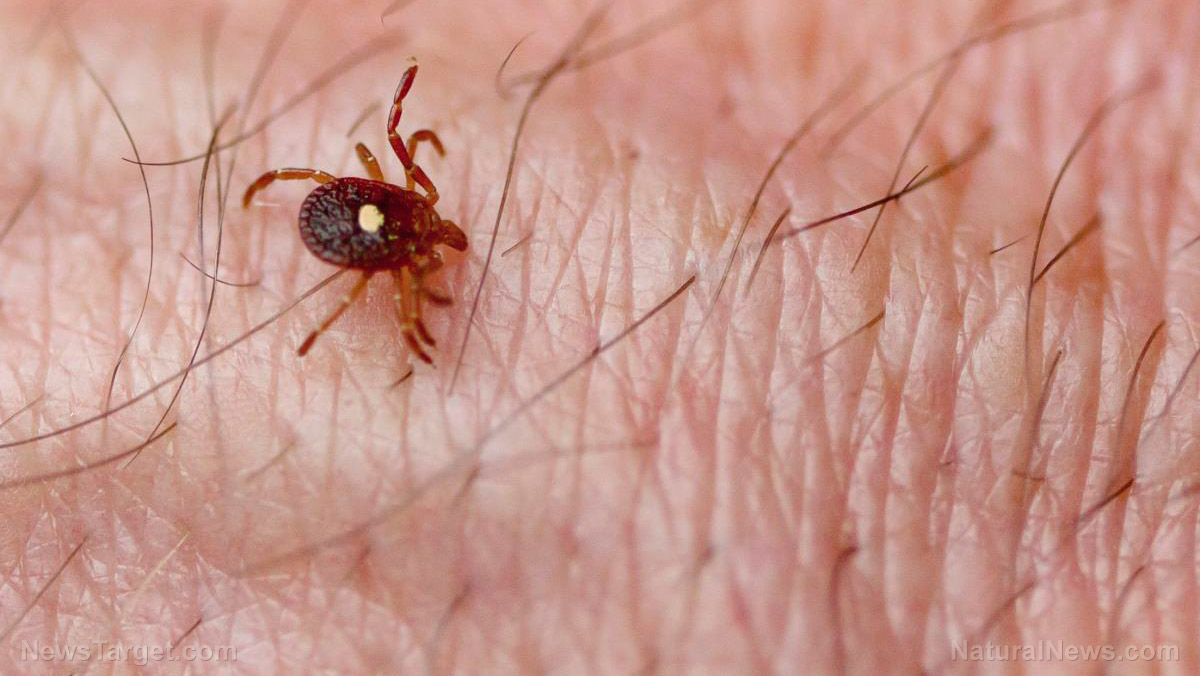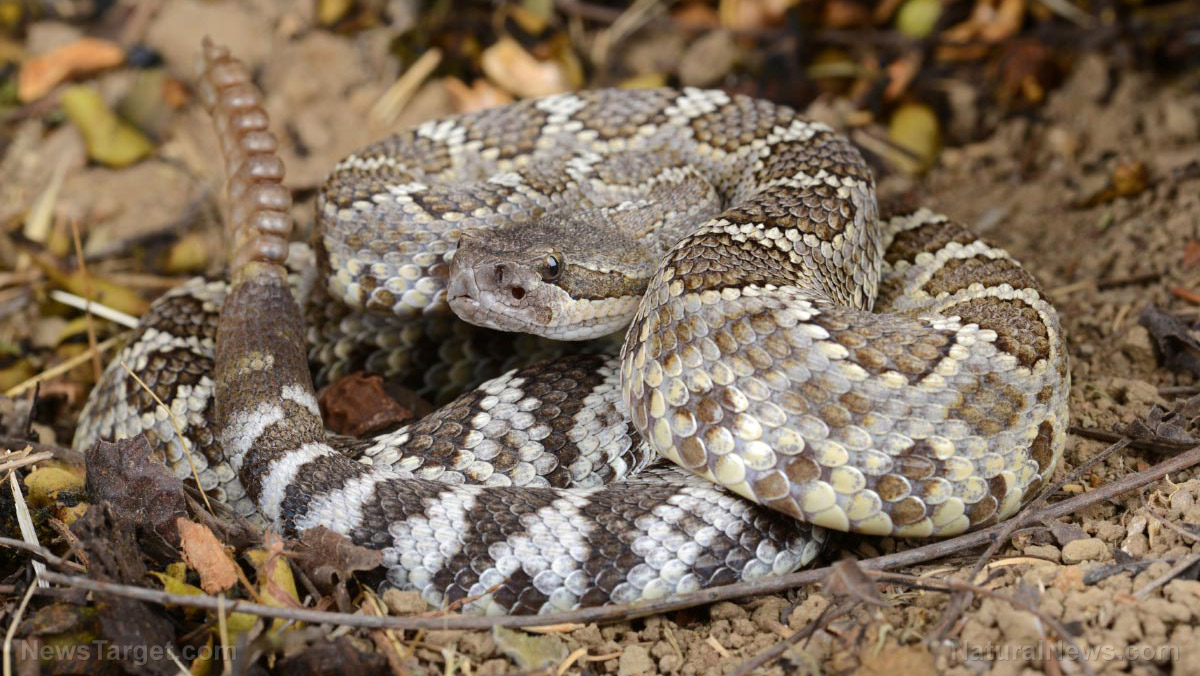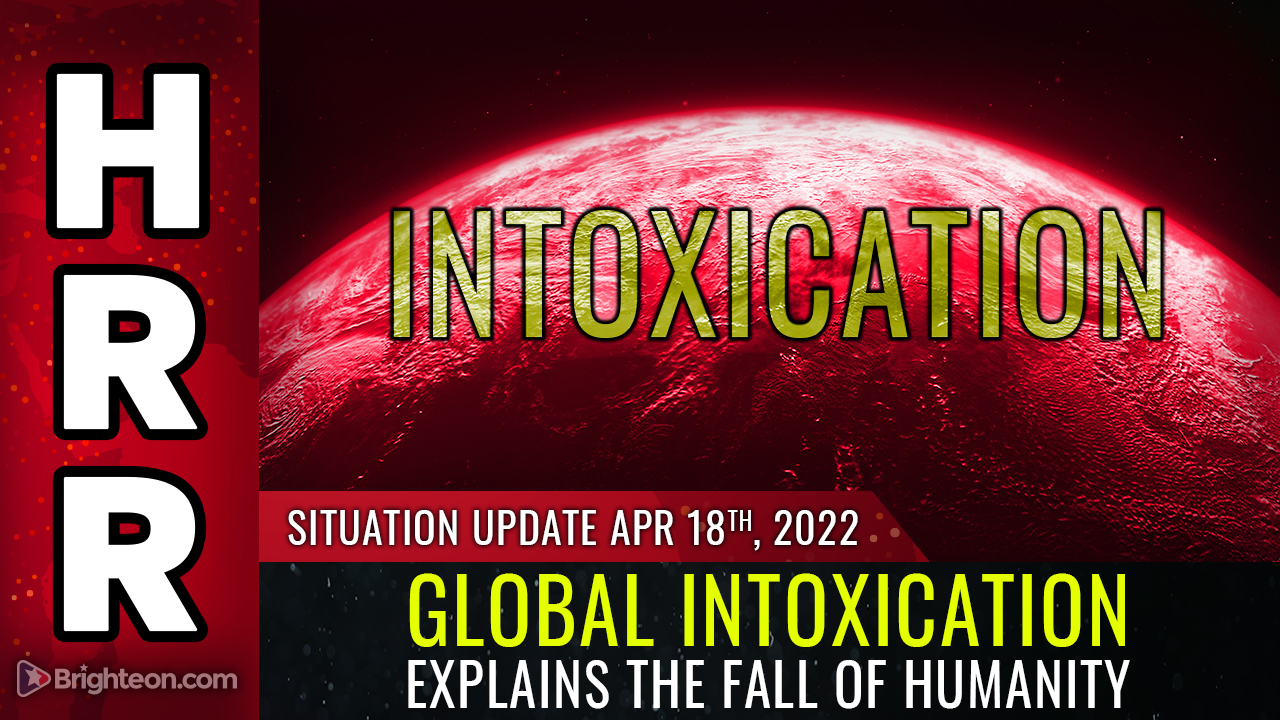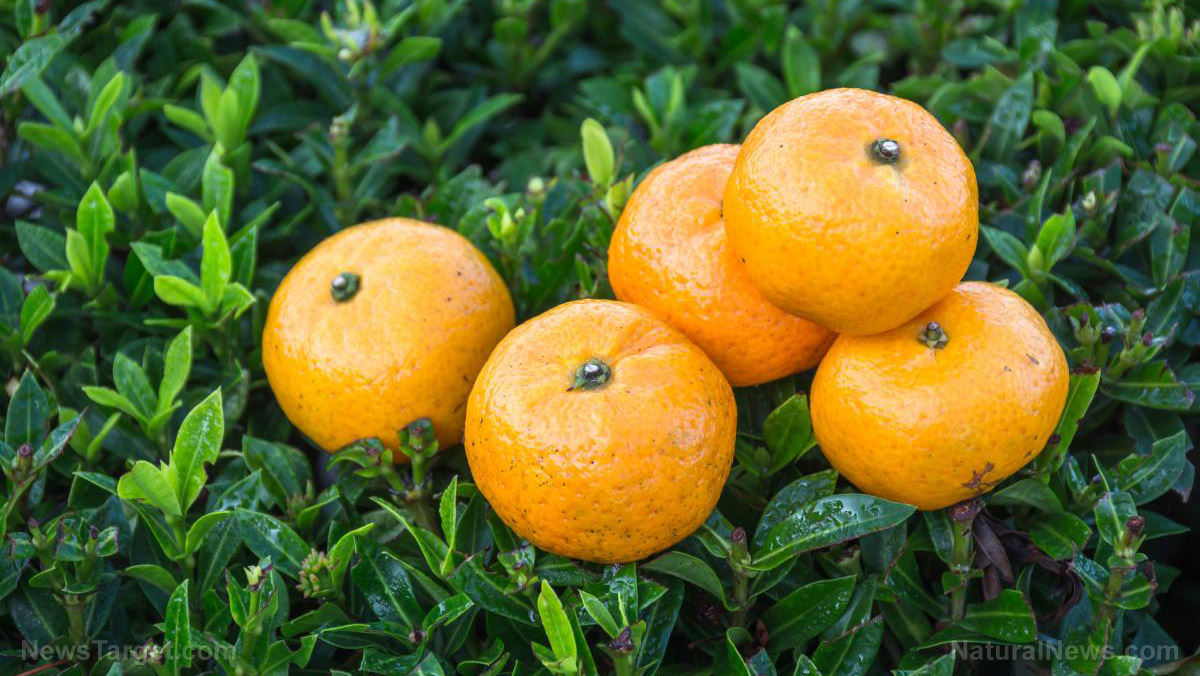Shocking investigation reveals top 5 pesticide companies in the world use Highly Hazardous Pesticides (HHP) and concentrate these products in developing nations
12/20/2021 / By Mary Villareal
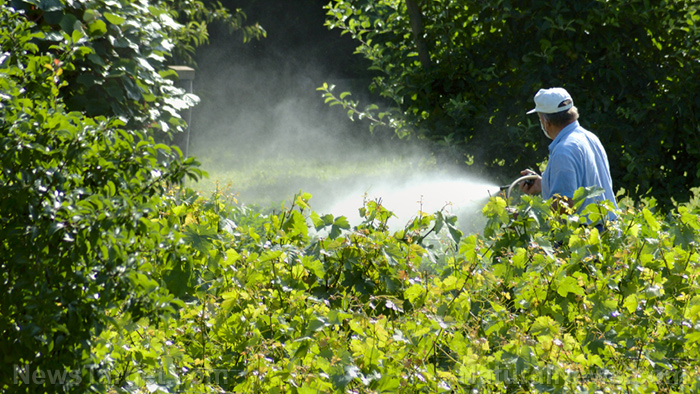
An analysis of data found that people from developing countries are more likely to suffer from exposure to pesticides classified as highly hazardous to human health and the environment. This analysis also showed that the world’s top five pesticide makers are making billions from these same chemicals.
The same pesticides are also contributing to the demise of bee populations, which are necessary to sustain food sources.
Big pharma pesticide sales “highly hazardous”
Researchers found that the sale of highly hazardous pesticides (HHPs) disproportionately occurs in developing countries. These tend to have fewer regulations than industrialized nations. For instance, sales of HHPs come in at 11 percent in the U.K., but in India, it accounts for nearly 60 percent of pesticide sales.
This report from an investigative team focused on the practices of companies such as Bayer, BASF, Corteva, FMC and Syngenta. All of these companies continue to sell HHPs such as neonicotinoids and glufosinate — chemicals that have been banned in parts of the world.
Leading agribusiness analysts from Phillips McDougall dove into data from buyer surveys, focusing on the best sellers in the top 43 pesticide-buying countries. The data showed that while regulations stopped the sale of certain pesticides in Europe, the U.S. and Canada, it hardly slowed down chemical companies, which still sold $4.7 billion worth of products in 2018.
Bayer called the analysis misleading but did not offer proof to dismiss the assessment. However, a spokesman for Bayer said that agriculture is very different from region to region due to various factors like climates, pests and crops.

Because the investigation focused only on sales from 43 countries, it covered less than half of these companies’ global sales, suggesting that they actually made billions more from pesticides that regulatory agencies deemed hazardous.
The biggest markets for HHPs were for corn and soya corps, and about a quarter of sales from these products were known to be human carcinogens that can pose danger to reproductive health. Another 10 percent were toxic to bees and an additional four percent of the chemicals are acutely toxic to humans. Every year, there are about 200,000 suicides that are linked to pesticide poisoning, most of which occur in developing countries.
Meriel Watts, a senior science and policy advisor to the Pesticide Action Network, said: “This investigation shows that there is a huge disconnect between what those companies are saying in the international policy arena and what they are actually doing.”
Baskut Tuncak, the U.N. special rapporteur on hazardous substances and human rights, stated a similar claim to that of Watts, saying that “It is inappropriate for companies to earn such significant income from HHPs in this day and age. The continued use of these products is unsustainable and is causing a multitude of human rights violations around the world.”
Natural alternatives to pesticides
Regular exposure to pesticides and insecticides is toxic and has been associated with serious illnesses, ranging from respiratory disorders to cardiovascular issues. However, there are some natural alternatives, some of which are readily available in the kitchen, to keep bugs and pests away.
Salt spray — This helps deter pests and increase nutrition absorption of your plants, such as magnesium, phosphorus and sulfur. Simply add some salt to water and stir the solution well. Spray it on your plants regularly to keep pests away.
Onion and garlic spray — Take one clove of garlic and a medium-sized onion and add some water to them. Let them sit in water for a while and add a teaspoon of cayenne pepper and a dash of liquid soap to the mix. Spray it on your plants regularly to ensure that there will be no infestation to your produce.
Chrysanthemum flower tea — Chrysanthemum flowers hold a powerful plant chemical compound called pyrethrum, and it is believed to damage the nervous system of insects and pests. Simply boil some dried flowers in a pan full of water for about 20 minutes, strain, cool, and add to your spray bottle to use for plants regularly. This can be stored for up to two months.
With these alternatives, you can keep pests away from your garden without taking in any of the poisons yourself.
Read more about keeping things organic and non-toxic at Natural.news.
Sources include:
Submit a correction >>
Tagged Under:
This article may contain statements that reflect the opinion of the author




